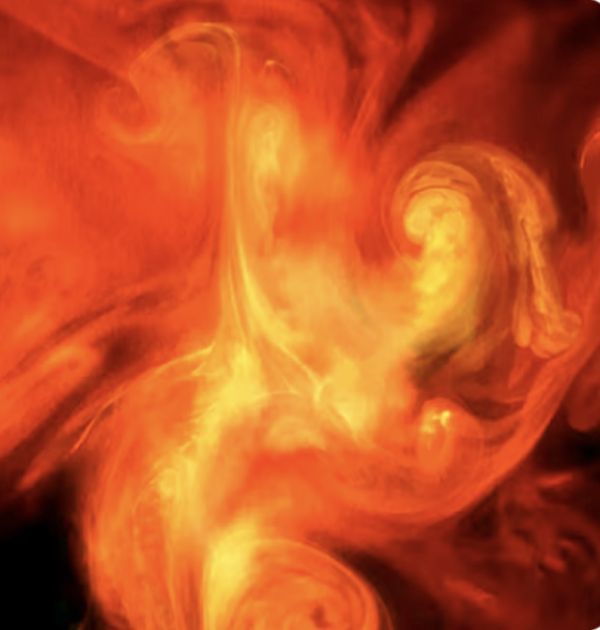Jesus speaks of a Fire that came to earth, dividing those who follow him from those who do not.
Francis, who understood what the Lord meant by Fire, knew it well: it was the Holy Spirit.
As Master and Minister of the Order of Friars Minor, the Spirit of God guided the Poverello in his every step.
If we consult the Sources, we realise this.
"And so, by the disposition of divine goodness and through the merits and virtues of the Saint, it came to pass, mercifully and wonderfully, that the friend of Christ sought with all his strength to die for Him and could not succeed [...]
On the one hand, he did not lack the merit of the martyrdom he desired, and on the other, he was spared in order to be later honoured with an extraordinary privilege.
The divine fire that burned in his heart became ever more ardent and perfect, so that it might later shine more brightly in his flesh.
O truly blessed man, who is not torn by the iron of the tyrant, yet is not deprived of the glory of resembling the Lamb who was slain! (FF 1175).
In fact, "the Spirit of the Lord, who had anointed and sent him, assisted his servant Francis wherever he went [...]
His words were like a burning fire that penetrated the depths of the heart and filled minds with admiration" (FF 1210).
Furthermore, the Fioretti [popularised in the last quarter of the 14th century by an unknown Tuscan] tell us of Clare of Assisi's desire to dine once with Francis.
Francis, who had always refused, was persuaded by his friars to abandon his rigidity on this matter and to grant her request.
So Clare came to St. Mary of the Angels, and there Francis had the table set on the ground, together with a brother of the Saint and a sister who accompanied Clare.
"And for the first course, St. Francis began to speak of God so sweetly, so highly, so marvellously, that the abundance of divine grace descended upon them, and they were all caught up in God.
And as they stood there with their eyes and hands raised to heaven, the men from Sciesi and Bettona and those from the surrounding countryside saw that Santa Maria degli Agnoli and the whole place and the forest [...] were burning fiercely, and it seemed as if a great fire was occupying the church and the place and the forest together" (FF1844).
So much so that the inhabitants of the surrounding area ran, worried, to put out the fire they saw.
But on the spot they found only Francis and Clare and their companions rapt in God, understanding that this was divine fire and not material, a testimony of the Spirit of God inflaming those holy souls.
Indeed, to benefit from that Holy Spirit gained through the Baptism of Christ!
«I have come to cast fire upon the earth, and how I wish it were already kindled!» (Lk 12:49)
Sunday 20th. in Ordinary Time, year C (Lk 12:49-53)












